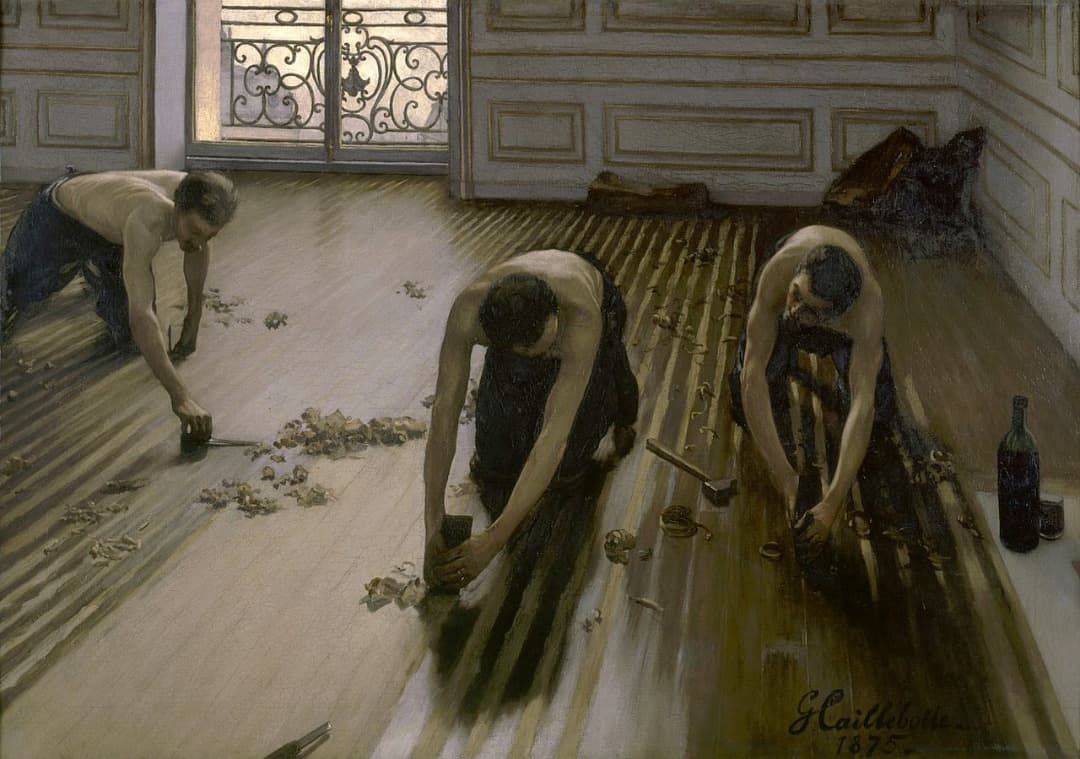
Deep Waters: Four Artists and the Sea at MFA Boston

From 9 November 2024 to 9 November 2025, the MFA Boston hosts the exhibition “Deep Waters: Four Artists and the Sea”
Source: Museum of Fine Arts (MFA) Boston · Image: J.M.W. Turner, “Slave Ship (Slavers Throwing Overboard the Dead and Dying, Typhoon Coming On),” 1840. MFA Boston
Generations of artists have explored the beauties and terrors of the ocean, reflecting on the experiences of those who have lived and died among the waves. Weaving together artworks by four artists made over centuries and across the Atlantic, this exhibition follows a genealogical thread united by the sea. Echoes of John Singleton Copley’s Watson and the Shark (1778) reverberate in J. M. W Turner’s 1840 Slave Ship (Slavers Throwing Overboard the Dead and Dying, Typhoon Coming On), which itself has influenced art created in the 21st century.
Presented here for the first time in New England, John Akomfrah’s iconic three-channel film installation Vertigo Sea (2015) expands on the themes at the heart of the two earlier works, exploring humanity’s tumultuous relationship with the sea and its creatures, and the ocean’s role in the history of slavery. In Some People Have Spiritual Eyes I and II (2020), photographer Ayana V. Jackson takes these ideas in a new direction. Jackson’s exploration of divinity, femininity, and destiny through self-portraiture is inspired by Drexciya, a mythical aquatic utopia populated by descendants of the pregnant African women who lost their lives in the Atlantic Ocean during the Middle Passage.
“Deep Waters: Four Artists and the Sea” invites visitors to consider and reflect on the conversation between these works of art and their makers. Each artist offers a unique perspective drawn from their lived experience, yet all are attuned to the poetics and histories of the sea—from its glittering surfaces and unfathomable depths to its inhabitants and ghosts; from it as a site of memory, mourning, and fragility to a symbol of resilience and possible futures.



